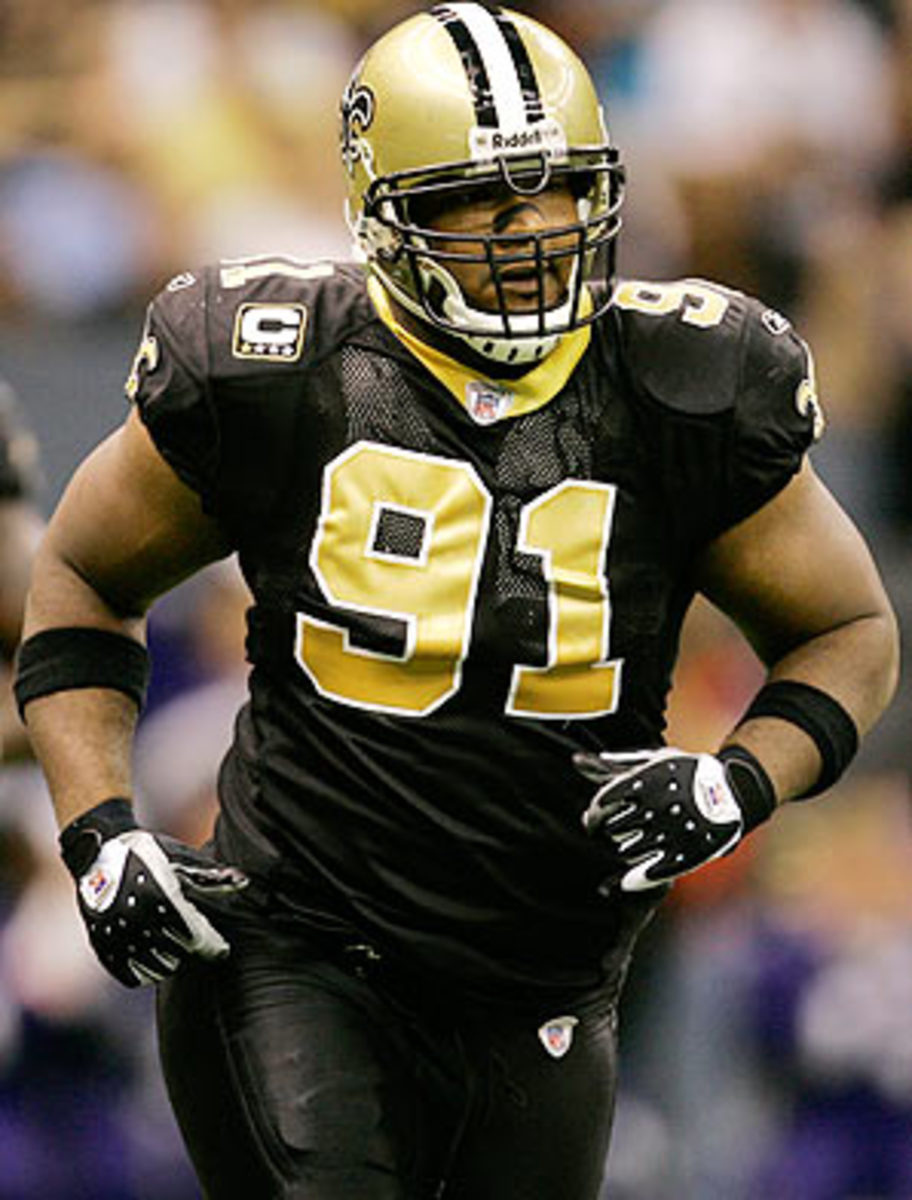Recent rash of positive tests goes beyond gaining performance edge
All positive tests for banned substances under the NFL's steroid policy are not the same and should not be treated as such, despite the league's inclination to the contrary.
My first reaction to the news that six to 10 players had tested positive for water pills was probably similar to most people in and around the league: Every player is solely responsible for what he puts into his body, and if he fails a test, it is his fault and he should pay the consequences. Part of me, to some extent, still feels that way. But when you peel back the onion, so to speak, on this one, you realize there is more to it than a typical positive test for anabolic steroids.
I know some of these players and highly doubt any of them were taking substances in order to enhance performance or gain a competitive edge. Yes, evidently, the particular water pill or diuretic that some of them were taking, Bumetanide, can be used as a masking agent. But let's get serious here. If these guys were really intent on trying to beat the system, they would take human growth hormone, which is still undetectable in urine tests. There's no need to take an anabolic steroid and then a masking agent because that only complicates matters.
No, the reason these players were taking water pills was so they could make their assigned weight and not have to pay a hefty fine. Players are typically assigned a weight at which they are to report to training camp. They are then asked to stay under that weight for the remainder of the season as they get weighed on a weekly basis, typically Thursday or Friday for most NFL teams. The weight issue can be a point of contention at times between players and staff. Sometimes the weights are unrealistically low or not at a weight at which the player feels comfortable competing. Other times the players are simply lazy and looking to cut corners. Either way, this is the root cause of the current dilemma now facing the league.
According to one team's 2008 players manual, the fine is $431 per pound that a player is overweight. The fine used to be per pound, per day when I played, but this particular manual indicates the fine can only be assessed twice per week. Still, do the math. Being 10 pounds overweight in a given week could cost a player $8,620.00 and that is nobody's pocket change. In fact, I was once on a team in which three players paid over $500,000 in fines one season as a result of being over their prescribed weight. It is no wonder players are taking diuretics to make their weight.
I distinctly remember some players arriving two hours early on weigh-in days during the season in order to work out in sweats and plastics and then head into the sauna or steam room, all in the name of saving some money. That makes a lot of sense, by the way, having a process in place that will ultimately leave several players dehydrated within 48 hours of game time. Give me a break.
With the process being what it is, players are clearly going to try to find supplements that can help them lose some weight and save some of their hard-earned cash. You can call it taking the easy way out; I'll just call it reality. The problem is there are a number of potential pitfalls inherent in taking any type of substance. The team and the league tell players to check with their trainers before taking anything. This doesn't always work. First, what player is really going to tell a trainer he is trying to take something to make weight and wants his advice? And that isn't the only problem.
"I asked one of our trainers if I could take a supplement and he didn't want anything to do with it," said one active player, "He completely shirked any responsibility and just told me to call the 800 number or send an e-mail" to the independent group that the NFL has retained to answer such inquiries.
That doesn't always work either, according to the same active player. "I e-mailed them to find out whether or not I could take something and I never got a response back," he said. "Nothing."
Complicating matters further is that even when a player seemingly does all the right things, there is a chance the ingredient label does not mention a banned substance that is, in fact, in the supplement. This is supposedly the case with Saints guard Jamar Nesbit, who is suing the maker of "StarCaps" after he tested positive for Bumetanide, which isn't among the listed ingredients in StarCaps but does show up in testing, according to his attorney.
Ironically, Nesbit's decision to take the four-game suspension for violating the steroid policy, rather than file an appeal like teammates Will Smith, Deuce McAllister and Charles Grant have done collectively, is likely to cause some consternation during the process as it unfolds. Can the league really lessen the proposed suspensions of the trio of Saints as well as Vikings defensive tackles Pat and Kevin Williams when Nesbit has already done the time? If the answer is yes, Nesbit is likely to be furious due to his belief that the NFL's policy said he was strictly responsible for anything in his body and thus he did not really have any reason to believe he could get a lesser suspension. So he took it in order to get it out of the way. And now his teammates and others around the league may be directly affected by the precedent he set.






